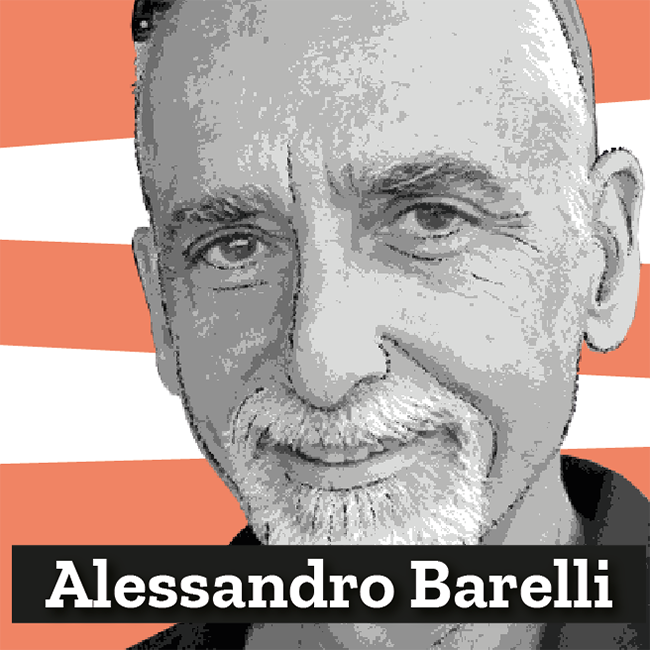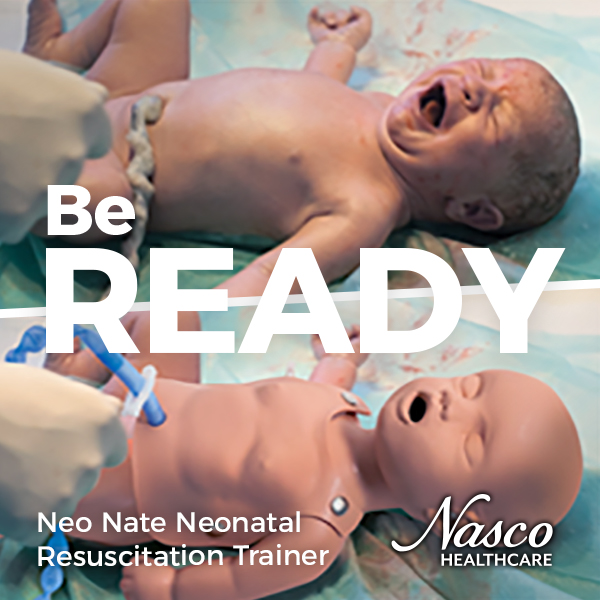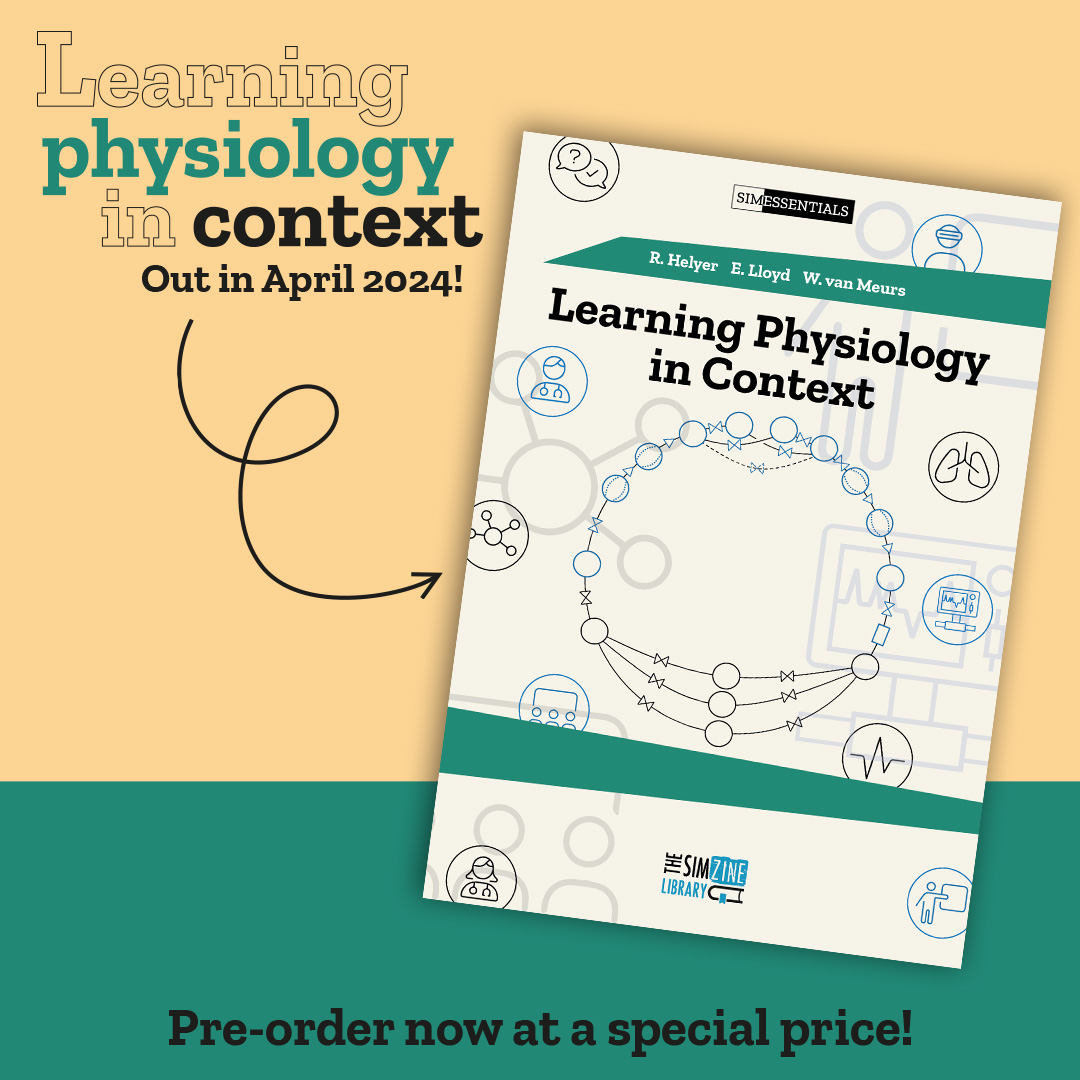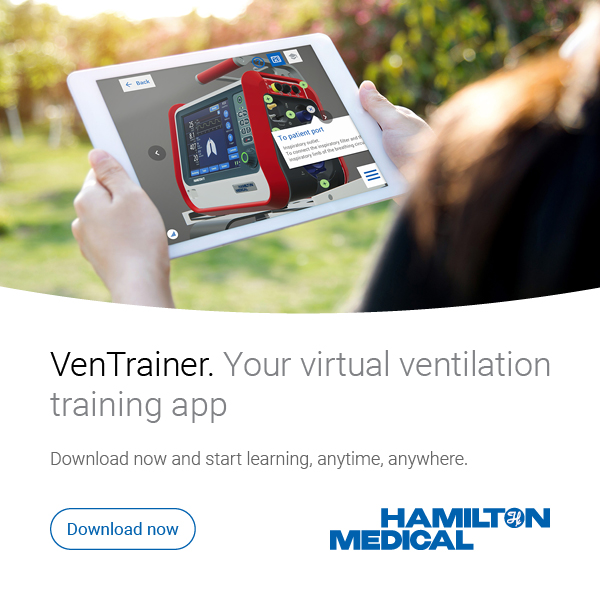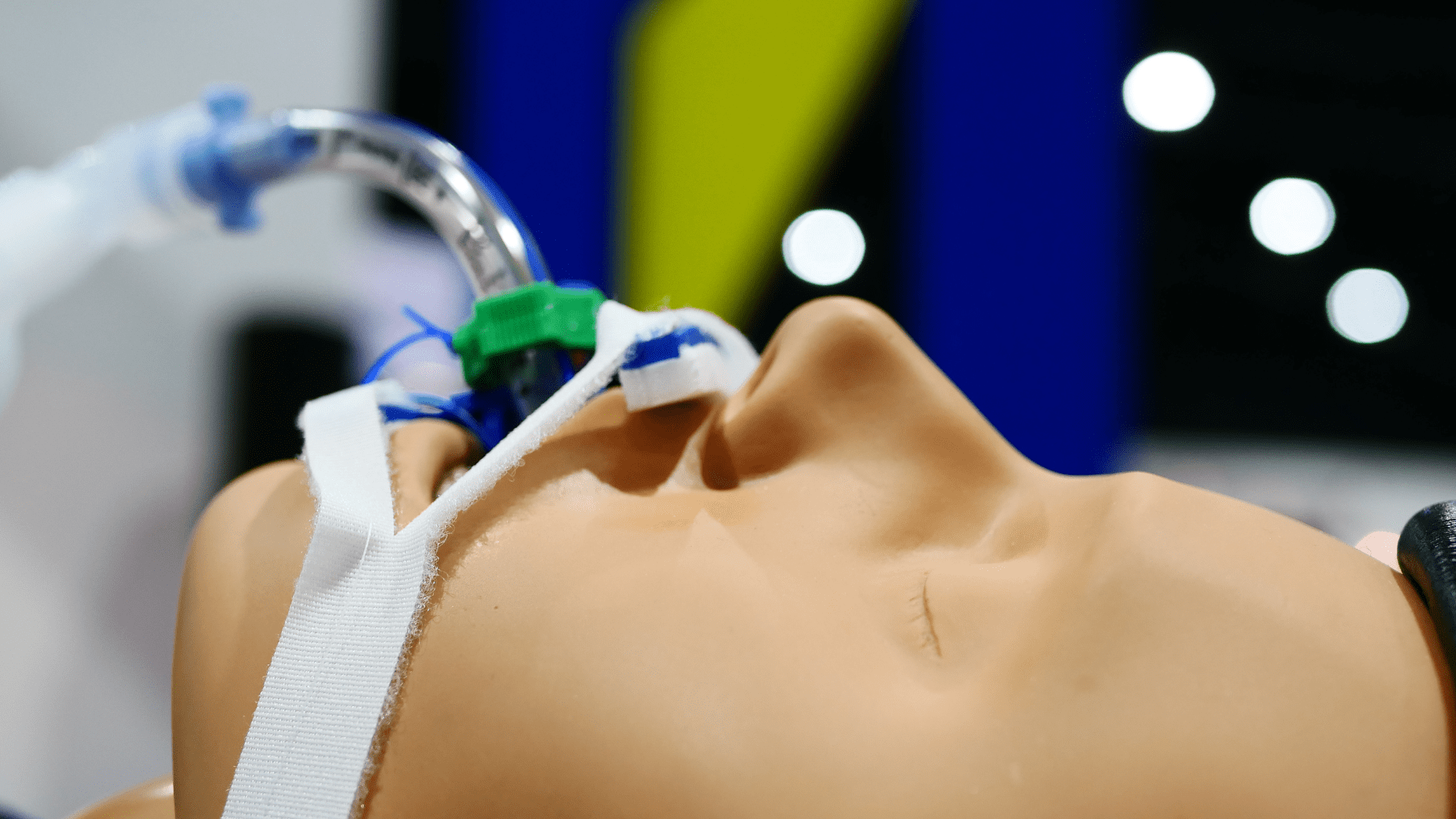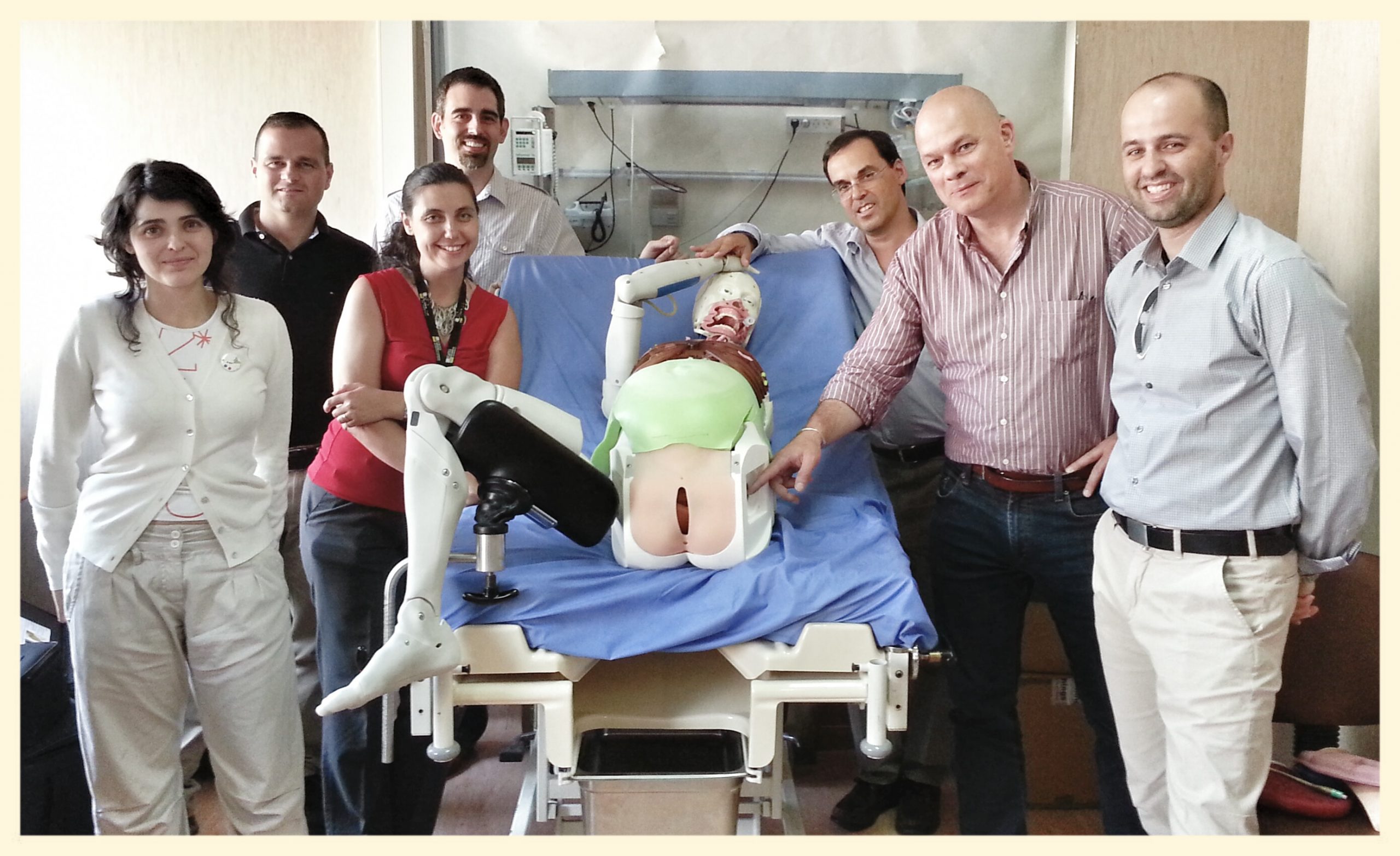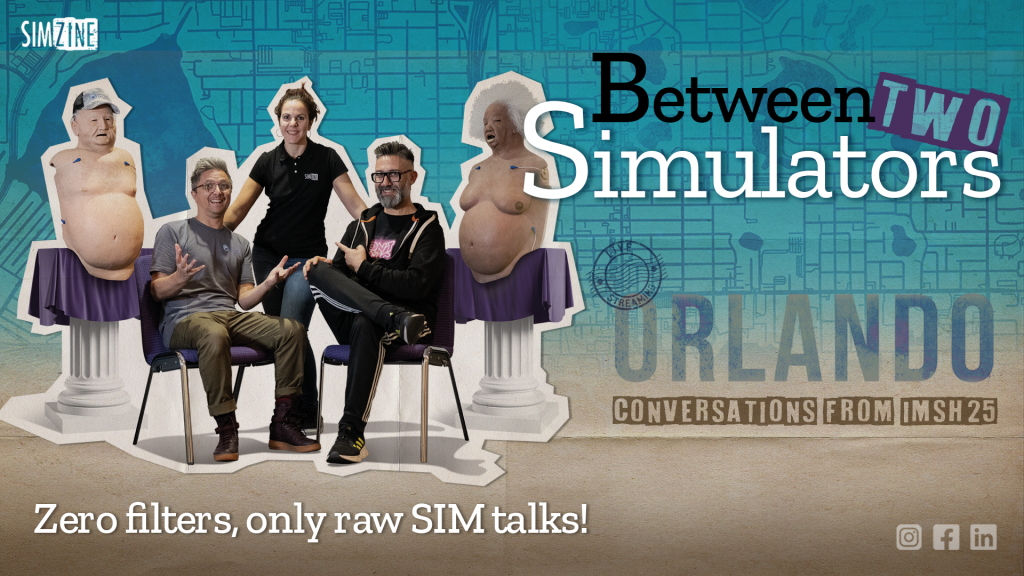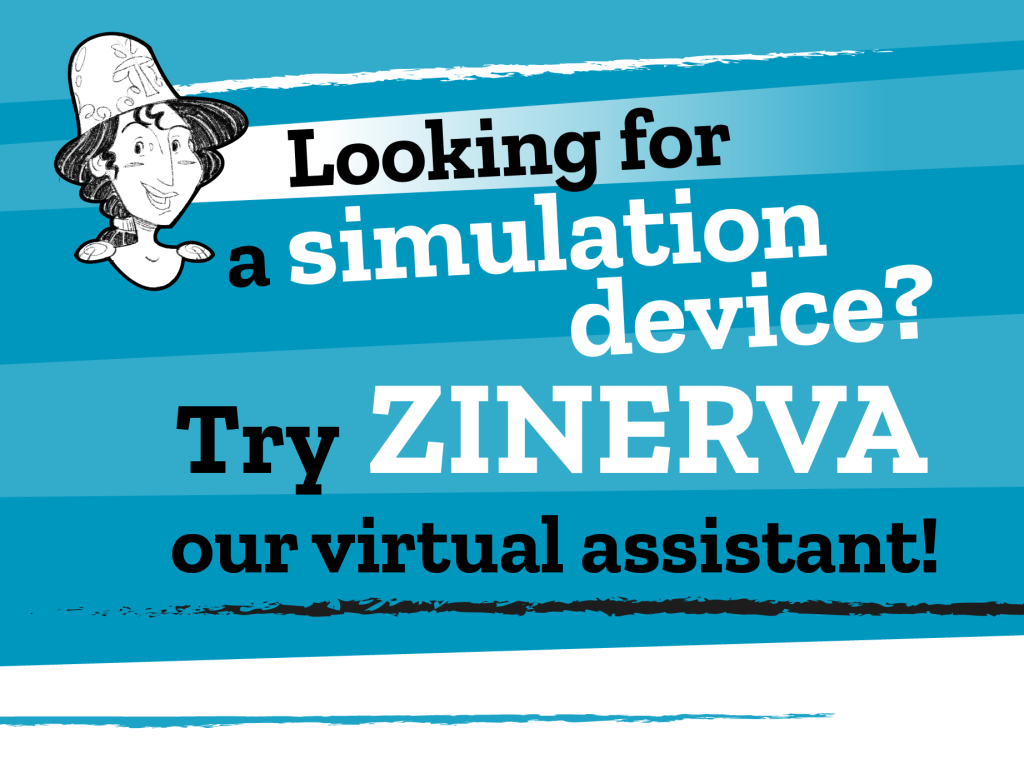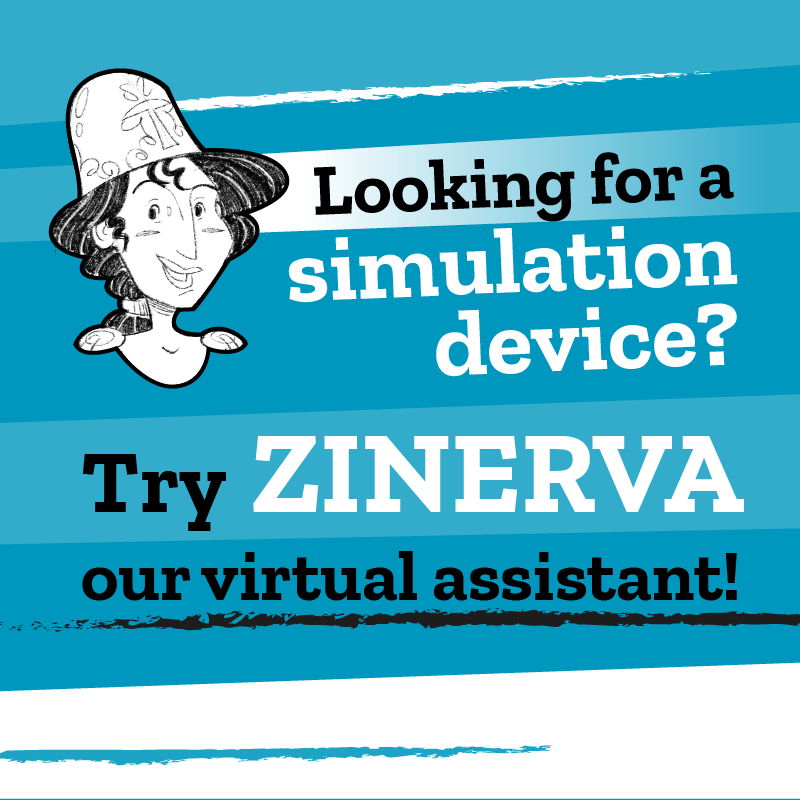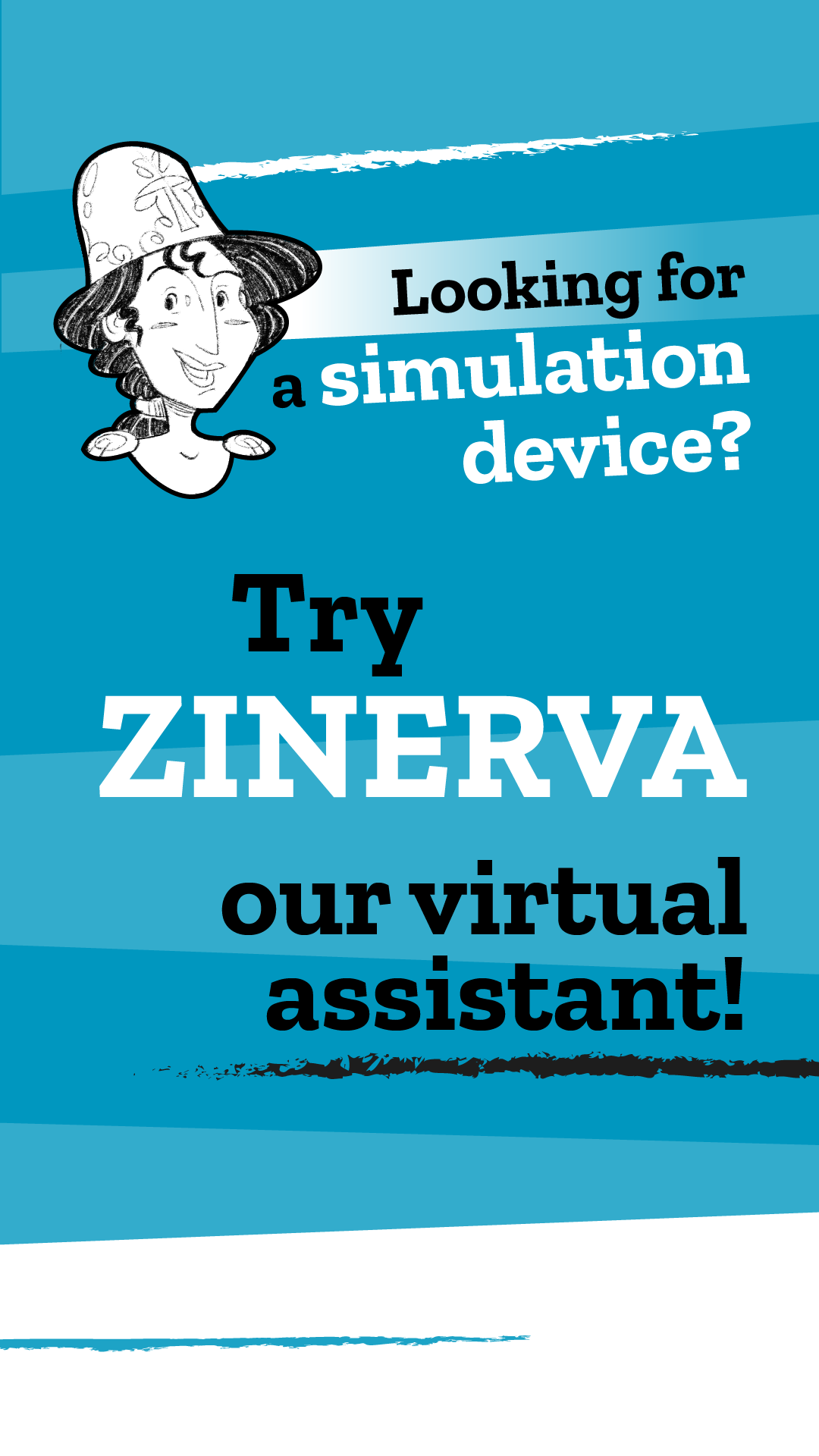Accreditation of simulation facilitators: between enthusiasm and confusion.
Accredit: verb that is applied to different situations which are very distant from each other. We are not interested in finance, but we want to talk about the contexts in which the verb means “make credible”, “validate”, “recognize”. In the health and education field, the verb accredit has held a key position for many years: we think of the accreditation of health professionals and structures for the execution of diagnostic-therapeutic procedures, or we think of the accreditation of training centers and bodies.
Accredit, that is, to validate the skills of others, guaranteeing the maintenance of recognized quality standards and therefore the results of the work of professionals.
The first and essential requirement of an accreditation process is the credibility of the accrediting entity: a Scientific Society, a Public Organization, a Government Agency. Let’s get into the pun and say that in the absence of credibility of the accrediting subject there is no credible accreditation (sigh!)
Due to the high complexity of the teaching skills required of a simulation facilitator, a strong need has been felt to identify sustainable quality standards that can be used by anyone practising the art of simulation. On the international scene, the two most representative and recognized Scientific Societies, the Society of Simulation in Healthcare (SSH) and the Society for Simulation in Europe (SESAM), have designed and implemented accreditation programs for simulation centers and facilitators. The credibility of the two companies is not in doubt: names like Peter Dieckmann, Doris Østergaard, David Grant, Pier Luigi Ingrassia are the past and present of simulation in the healthcare sector.
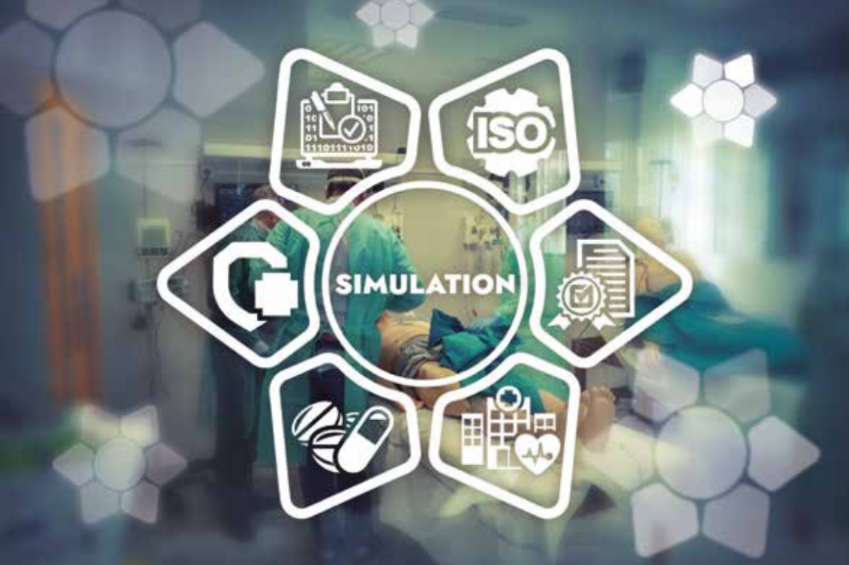
Situation still in progress in Italy: some attempts to recognize Simulation Centers, to build training programs for facilitators, and to arrange consensus meetings failed.
For this reason, I believe that any project aimed at certifying (here is another verb related to the verb “to accredit”) facilitators in simulation should be viewed with interest, even enthusiasm, and may require the contribution of Italian stakeholders.
This is the spirit in which I accepted at the time the certification program proposed by Accredia, “a body designated by the Italian government to certify the competence, independence and impartiality of the bodies and laboratories that verify the conformity of goods and services with the standards,” reads the definition on Accredia’s home page. Within the framework of the UNI/PdR 64.1:2019 reference practice, Accredia has designed a certification process for expert professional profiles in the medical health sector: these are professional profiles in the area of complexity and include the figure of “expert instructor in simulation in medicine”.
Some basic educational requirements, such as a bachelor’s degree in medicine and surgery, nursing sciences, or psychology, are necessary to gain the certification. Non-formal training requirements are also necessary: certify 10 ECM credits obtained as a teacher, issued in accredited courses for which there is a statement from the course director that simulation teaching systems have been adopted. It is also necessary to document at least 10 hours spent in courses and lectures as an “instructor-in-training” with the assistance of a qualified tutor. To access the certification, no publications or citations are required.
The certification exam is conducted over one day via video conference (synchronous) and includes multiple choice quizzes, a practice test, and an interview. Informative material on simulation dictionaries and summaries is provided in advance.
Regarding the credibility of the faculty, the cited reference practice specifically provides for the qualification criteria of the examiners specified as follows: surgeons or professional nurses or psychologists with at least 15 years of graduation and with at least three positions in the last two years, as a speaker at courses, conferences and congresses in which specific simulation techniques have been used.
After learning about the various features of this certification process, interest turned to confusion and excitement to sadness. It is clear that the requirements for access to the Accredia certification allow anyone in possession of one of the three qualifications mentioned to access and obtain the expected result. But above all they do not consider the high complexity of the facilitator’s skills in the simulation, and in fact devalue this figure. Certifying a simulation facilitator after a day of video conferencing is not credible. Facilitating learning in Health through high-fidelity simulation requires knowledge, technical skills and non-technical skills that cannot be validated and therefore certified with a path of this type. The importance of the existence of a certification program remains and I am sure that the wide availability in Italy of credible experts will make the path managed by Accredia valid and recognized in the future. I am equally sure that, like myself, all the other experts who contribute to SimZine will share enthusiasm and interest and will be happy to contribute.


